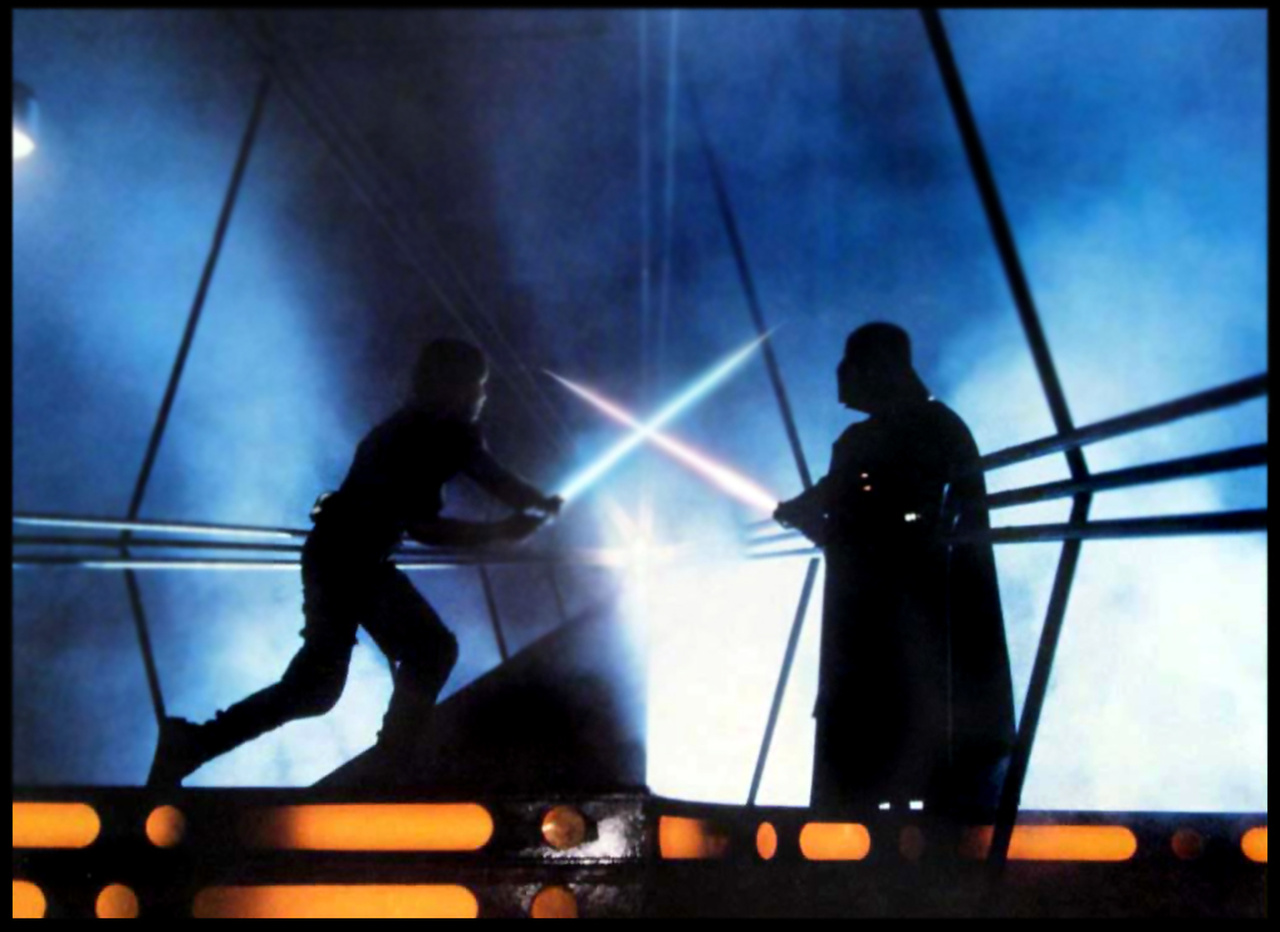
“If only it were all so simple! If only there were evil people somewhere insidiously committing evil deeds, and it were necessary only to separate them from the rest of us and destroy them. But the line dividing good and evil cuts through the heart of every human being.” ~ Aleksandr Solzhenitsyn
~
“Bad people do bad things”—this is the myth of Western culture.
The myth of the West is that only the individual matters and nothing else. The myth of Communist societies, like the Soviet Union, is that only the state matters and nothing else.
Both of these ideas are so unbelievably wrong, and the results of committing to these false ideals have spoken for themselves.
I’ve taken an interest in studying the American prison system and the psychology of violence, and what I’ve learned is that most of the behavior we perceive as “evil” is a result of extreme forms of abuse and trauma stemming from early childhood.
The people who commit the worst crimes often have had the worst crimes committed against them before they could even process their own experience—and for this reason I believe that, if dangerous, they ought to be separated from society for the offenses they’ve committed, but on some level they are still truly innocent. This thought radically changed my interpretation of what evil is and how it can be prevented.
The potential for good and evil within all of us.
As Solzhenitsyn put quite well in the quote above, it cuts right through the human heart. His experiences in the Gulag were a testament to what human beings are capable of under the right (or, rather, wrong) circumstances, and revealed to him that there is really no such thing as inherent good or evil outside of the choices we make and the actions that we take.
This was the deepest lesson of the 20th century.
Creating a Communist society is not the answer, nor is justifying the hyper-individualism that exists in Western capitalism. To contend with human tragedy, we must look within ourselves and accept that we, personally, are capable of both good and evil—there is no divide. It is only in understanding our true nature that we can learn how to manage the human condition at large.
There is no difference between me and a Nazi concentration camp guard, or a Soviet Gulag commander. I am a human being, and in that, I am capable of the worst behavior possibly shown by a human being, and also the best.
This is such a key understanding, because it elicits a deep sense of responsibility. If we are at all serious about getting rid of what we perceive as evil in this world, we must first understand our own potential for the same expression.
When I try to pretend that I am an inherently good person, I trust myself too much and become kind of an a**hole. No one is that good. The best we can do is prevent ourselves from doing too much damage to other people and the world, and then possibly we can actually change things for the better if we keep ourselves in check.
There’s a known Cherokee fable that tells of two wolves fighting endlessly within us. One of them represents good. One of them represents evil. A young man asks his father, “Which one of the wolves wins the battle?” and the father answers, “The one that you feed.”
How we move through the world depends on which side of ourselves we feed more. I choose to feed the goodness in myself through meditation, self-inquiry, and practicing of unconditional love for everyone I come across.
We all learn to feed our wolves differently, and knowing how to do so starts with the choices that we make on a day-to-day basis.
Read Solzhenitsyn, read Virginia Woolf, read Carl Jung, write down your thoughts, do yoga, chant—do whatever makes sense to you. Express yourself. Go dancing. Find a quiet river to contemplate beside.
There are so many ways to access the good within us, and as long as we remain steadfast on our pursuit of the good and the understanding of evil then we will inevitably find our way.
Relephant:
~
Author: Samuel Kronen
Image: Youtube still
Image: Youtube still

No comments:
Post a Comment